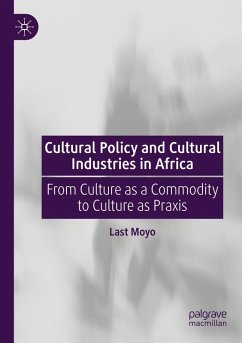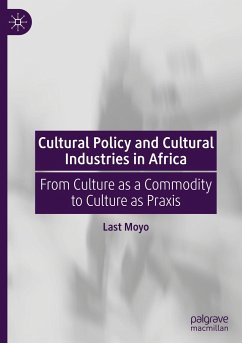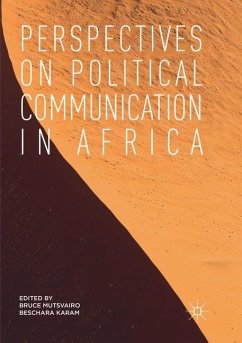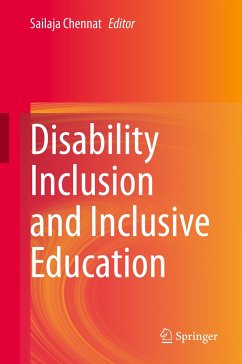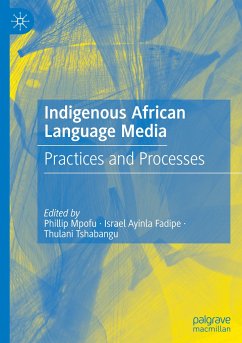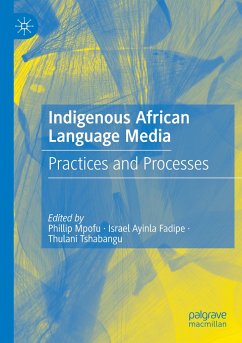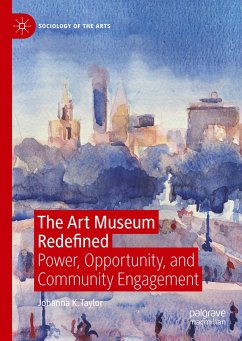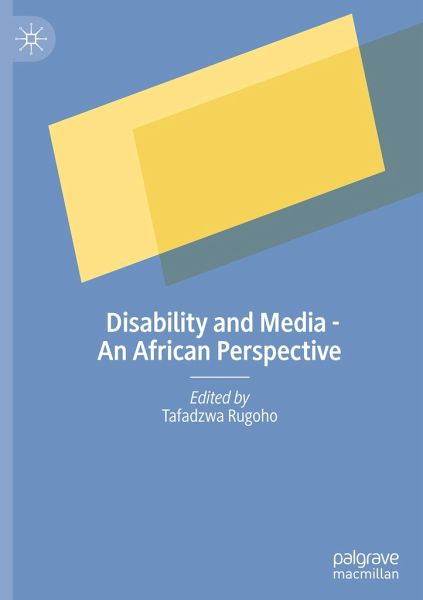
Disability and Media - An African Perspective

PAYBACK Punkte
49 °P sammeln!
This book seeks to expand some of the existing, often western and Global North facing, scholarship in the area of Disability and Media Studies to include African perspectives. Featuring predominantly Africa-based contributors, it studies an array of topics on disability and media in Africa, including issues of social media, media ethics, including marginalised voices in the media, and disability representation in the media.






